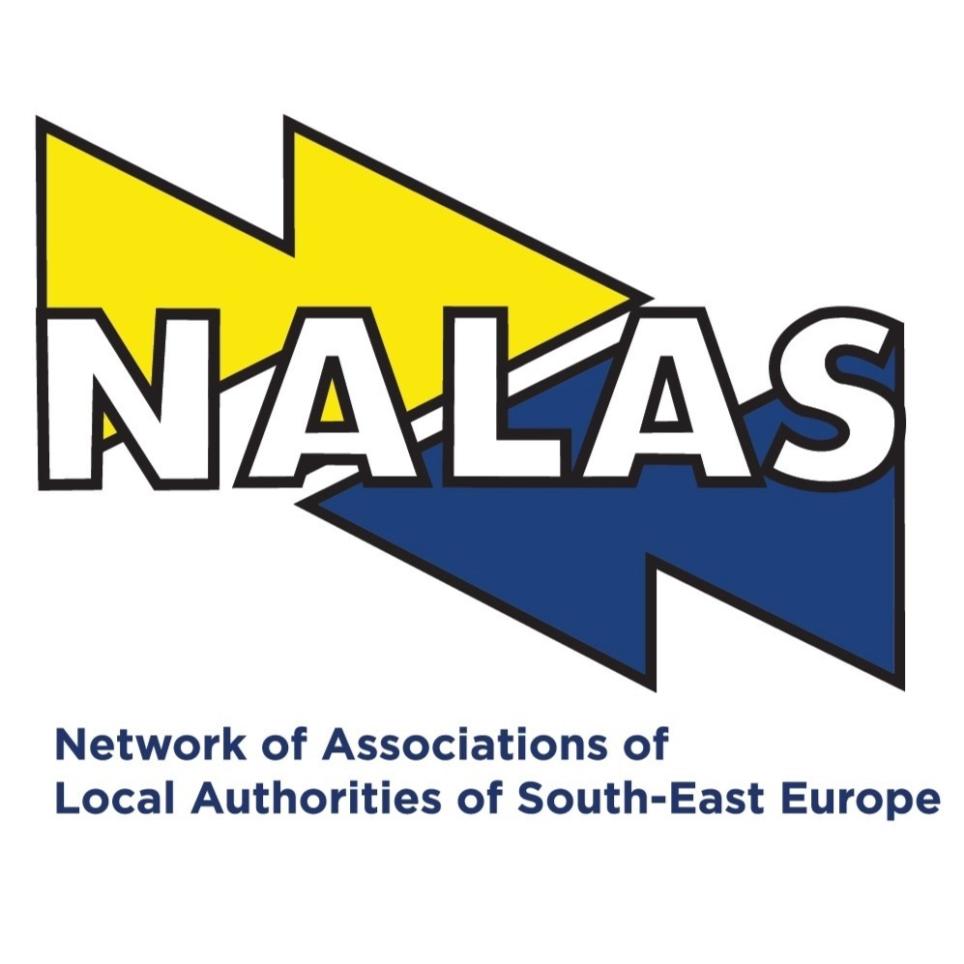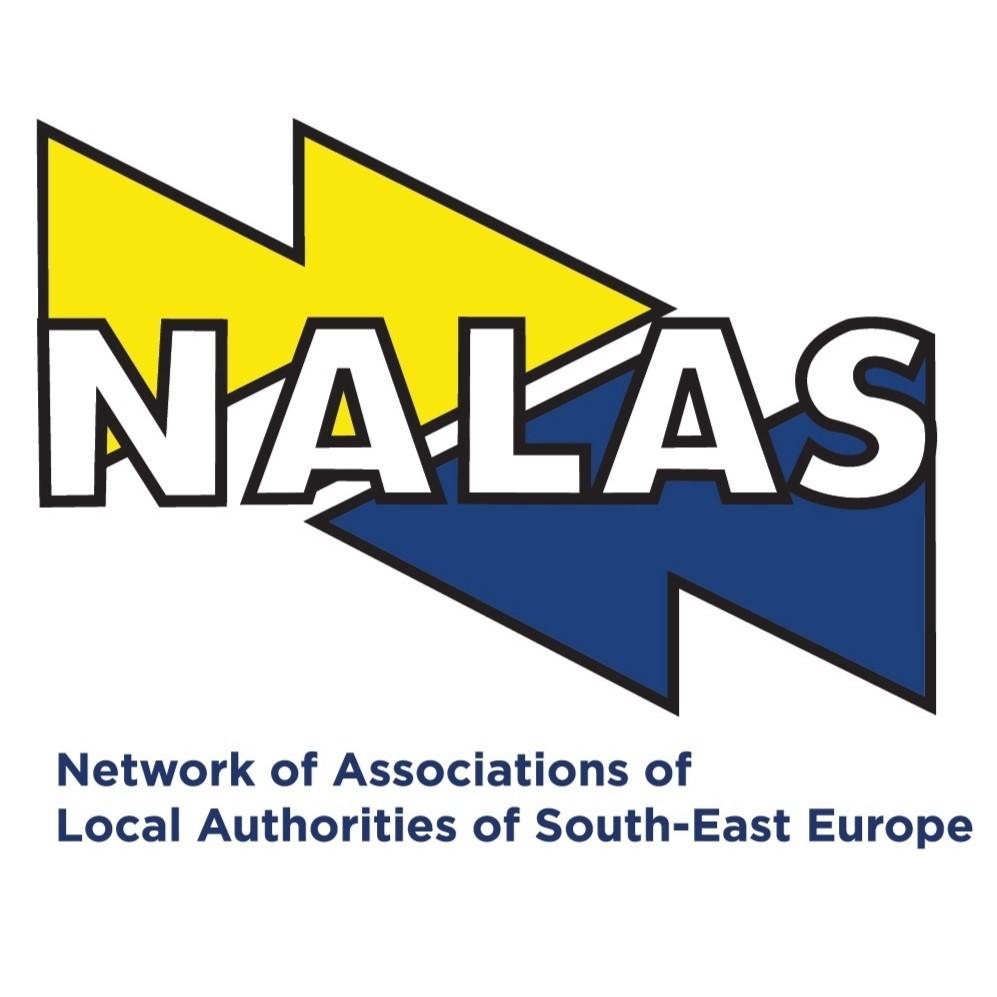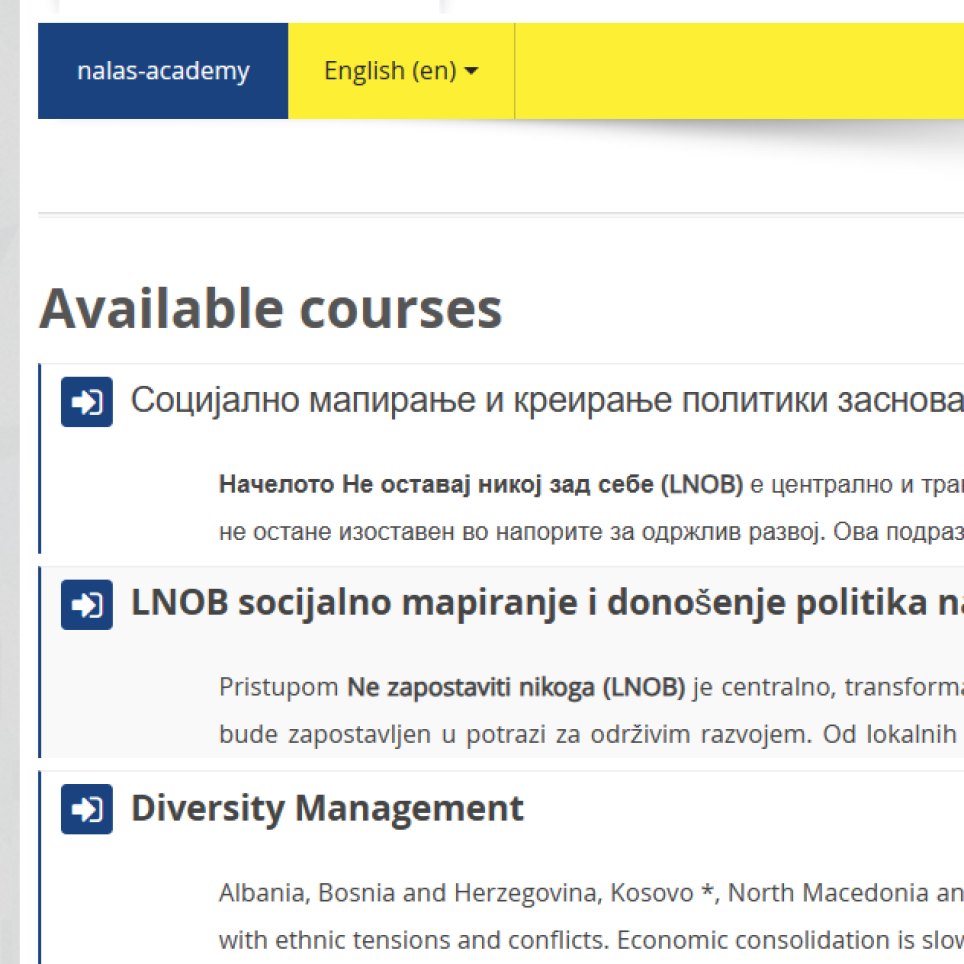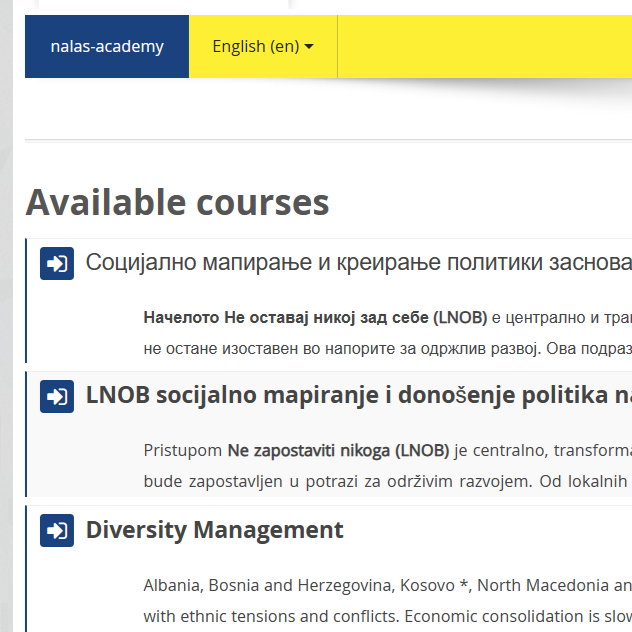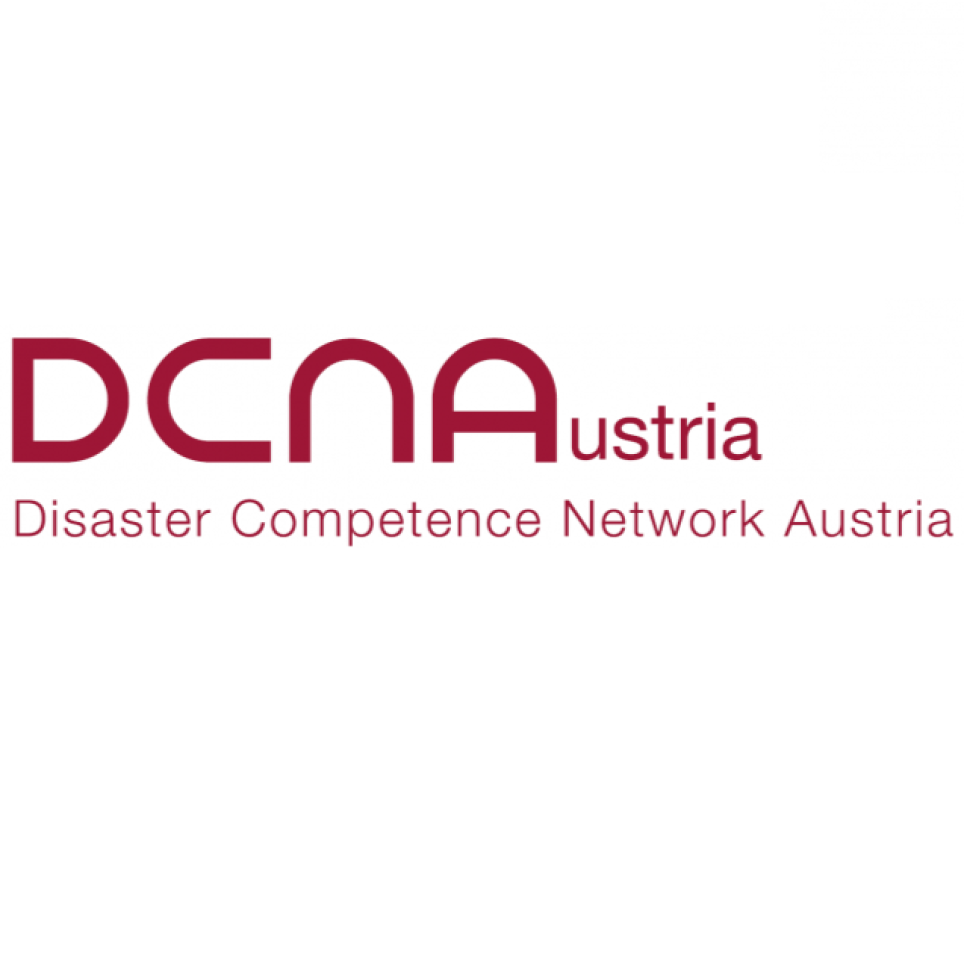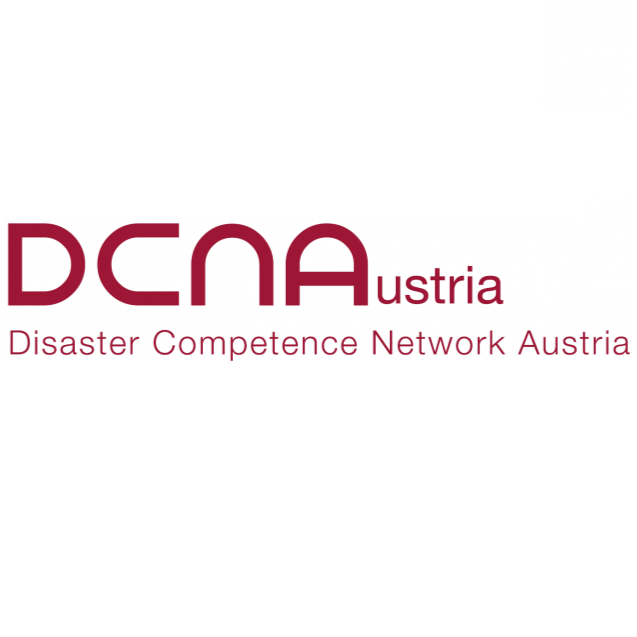
The COVALEX project: Capabilities Map - NALAS, DCNA
Through a series of articles, we will discover more about the COVALEX project from the inside.
We will look at its components, consider their strengths and how each of them is able to bring a new point of view to the program.
